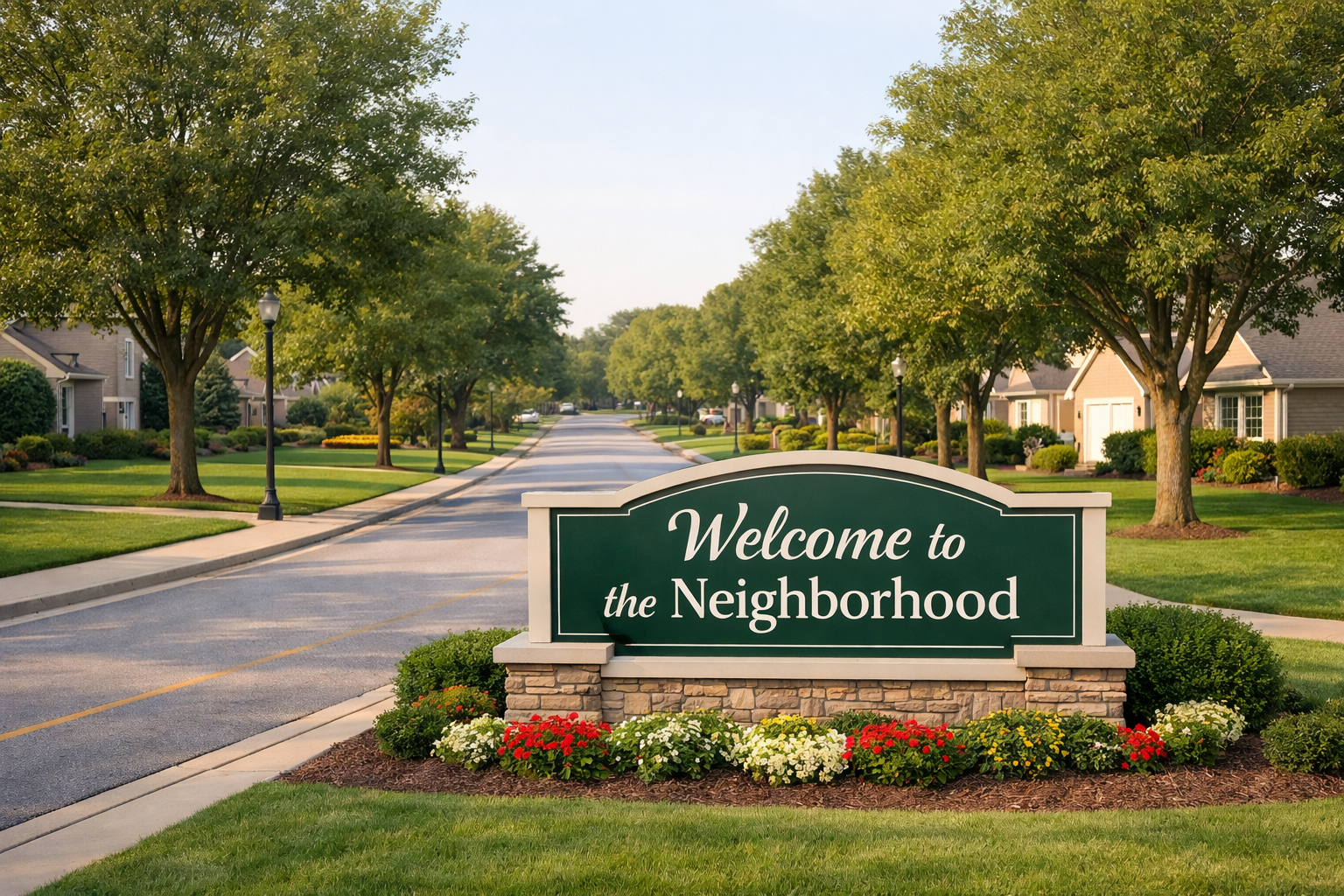Renting vs Buying in Milwaukee 2024: An Enigma Properties Guide
In the dynamic landscape of the 2024 Milwaukee housing market, prospective residents often grapple with a pivotal question: Is it financially wiser to rent or buy a home? Both options carry unique financial implications and lifestyle considerations. In this comprehensive guide, Enigma Properties unpacks the costs associated with each choice to help you make an informed decision that aligns with your economic realities and life goals.
Delve into an in-depth analysis of the current Milwaukee housing market, exploring the financial intricacies of renting and buying in 2024. This article provides valuable insights, statistics, and expert opinions, serving as a practical resource for individuals contemplating their housing options.
Part 1: Understanding the Costs of Renting
Renting offers flexibility, but understanding its financial framework is crucial for potential tenants.
1. Immediate Financial Outlay
Renting typically requires less upfront financial commitment compared to buying.
- Security Deposit: Usually equivalent to one month’s rent.
- First Month’s Rent: Payable up front.
- Application Fees: Some landlords charge fees to process your rental application.
2. Monthly Expenses
Beyond rent, tenants should budget for additional recurring costs.
- Rent: Monthly rent can vary significantly based on location, size, and amenities.
- Utilities: Some rentals include utilities, while others do not.
- Renter’s Insurance: A small, but essential expense to protect your belongings.
3. Flexibility and Limitations
Renting offers freedom from maintenance responsibilities but comes with restrictions.
- No Maintenance Costs: Tenants are not responsible for property repairs or upkeep.
- Limited Customization: Renters have little control over the property’s aesthetics or functions.
Part 2: Breaking Down Homeownership Costs
Owning a home is a significant financial commitment with various expenses to consider.
4. Initial Investment
Buying a home requires a considerable upfront investment.
- Down Payment: Typically ranges from 3.5% to 20% of the home’s purchase price.
- Closing Costs: These include fees for the mortgage application, home inspection, and other related expenses.
5. Ongoing Monthly Costs
Homeownership comes with recurring expenses beyond the mortgage payment.
- Mortgage Payment: The monthly cost will depend on your loan amount, interest rate, and loan term.
- Property Taxes: Taxes can be a substantial expense, varying greatly by location.
- Home owners Insurance: This is essential for protecting your investment.
- Maintenance and Repairs: Homeowners are responsible for all upkeep and repair costs.
6. Equity and Stability
While homeownership comes with added responsibilities, it also offers long-term financial and lifestyle benefits.
- Building Equity: Each mortgage payment contributes toyour home equity, providing you with a valuable asset over time.
- Stability: Owning a home offers stability and freedom from rental market fluctuations.
Part 3: Weighing the Pros and Cons
In making an informed decision, it's essential to weigh the advantages and disadvantages of both renting and buying.
7. Pros and Cons of Renting
Renting is an attractive option for many due to its flexibility and lower initial financial commitment.
- Pros:
- Lower up front costs
- Freedom to relocate
- Minimal maintenance responsibilities
- Cons:
- No equity building
- Subject to landlord rules and rental market volatility
8. Pros and Cons of Buying
Homeownership is often seen as an investment, but it also comes with its challenges.
- Pros:
- Equity building over time
- Stability and freedom to customize your living space
- Potential tax benefits
- Cons:
- Significant financial commitment
- Responsibility for maintenance and repairs
- Less geographical flexibility
Part 4: Making Your Decision
9. Evaluating Your Personal Situation
Your lifestyle, career stability, and future plans are pivotal in deciding whether to rent or buy.
- Personal Flexibility: If you value the ability to move easily for job opportunities or lifestyle changes, renting may suit you better.
- Commitment Willingness: Homeownership is a long-term commitment; ensure you’re ready for the responsibilities it entails.
10. Assessing Financial Capability
Review your financial health and future economic prospects.
- Credit Score: A good credit score is crucial for securing a mortgage with favorable terms.
- Emergency Savings: Homeowners should have a robust emergency fund to cover unexpected repairs and maintenance.
11. Considering Market Trends
The real estate market’s condition significantly influences the viability of renting or buying.
- Interest Rates: Low mortgage rates make buying more attractive.
- Rental Market: High demand for rentals in Milwaukee might lead to increased rental prices, making buying a sensible option.
Determining whether to rent or buy in Milwaukee in 2024 is a nuanced decision that depends on various factors including personal circumstances, financial health, and market conditions. By carefully considering the points outlined in this guide, you can make an informed decision that aligns with your lifestyle and financial goals.
Found value in this comprehensive guide? Share it with friends, family, and colleagues contemplating the rent-or-buy dilemma in Milwaukee! If you’ve decided that renting is your preferred choice, explore the premium apartments, condos, and properties available at Enigma Properties. With a diverse portfolio of well-maintained and strategically located homes, your dream rental is just a click away! Start your hassle-free renting journey with Enigma Properties today!












